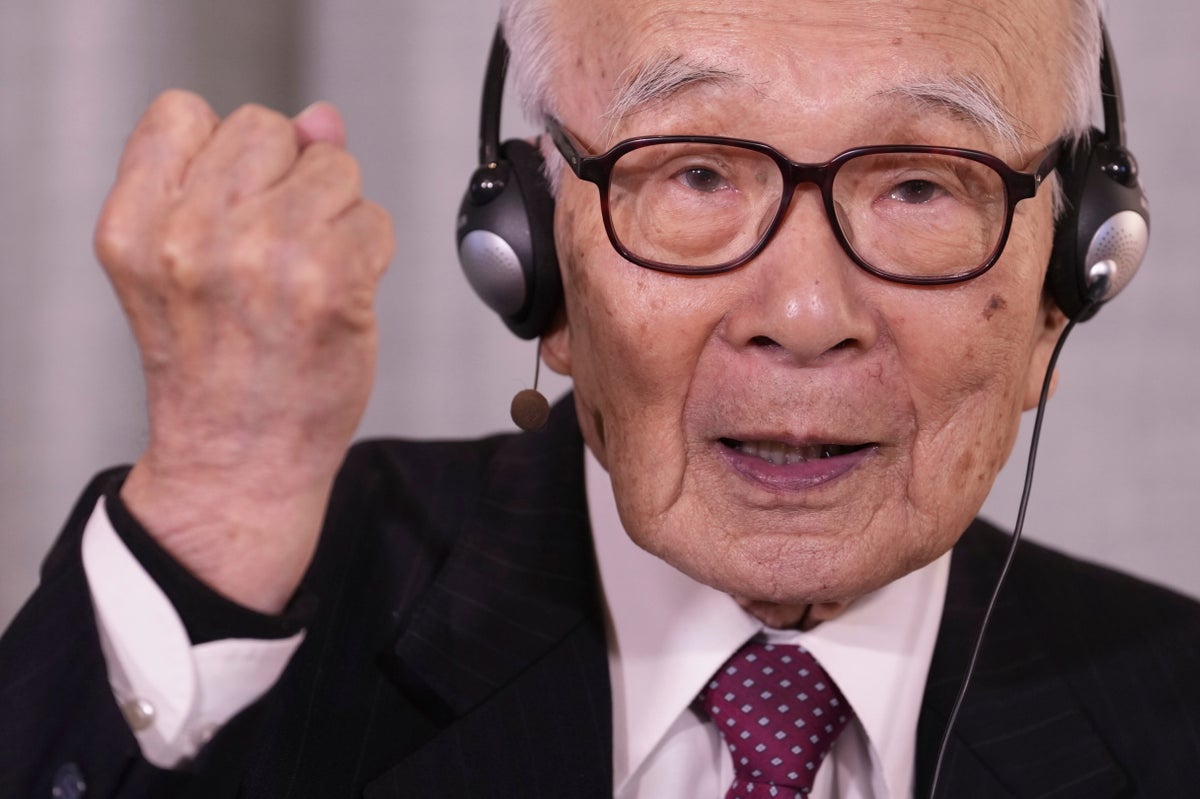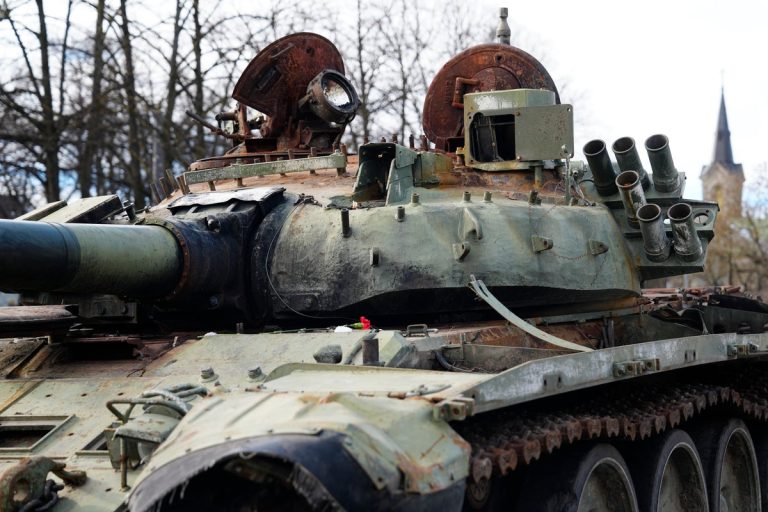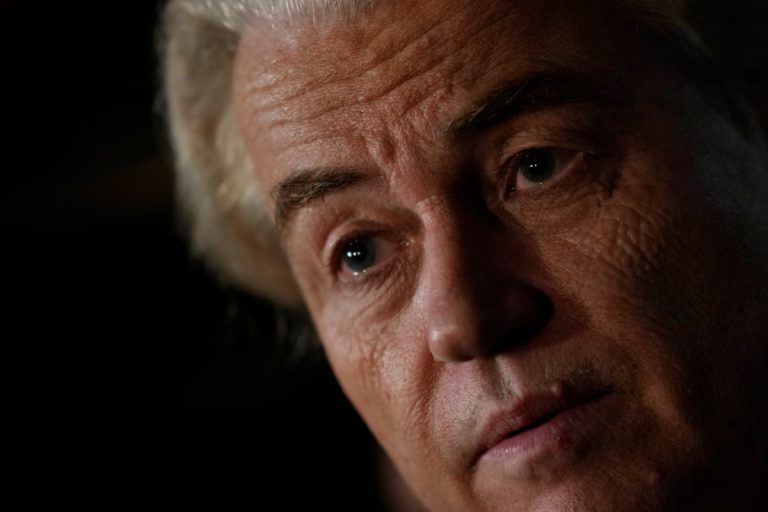Nobel Peace Prize winner urges Putin to understand the destructiveness of nuclear weapons

Your support helps us to tell the story
From reproductive rights to climate change to Big Tech, The Independent is on the ground when the story is developing. Whether it’s investigating the financials of Elon Musk’s pro-Trump PAC or producing our latest documentary, 'The A Word’, which shines a light on the American women fighting for reproductive rights, we know how important it is to parse out the facts from the messaging.
At such a critical moment in US history, we need reporters on the ground. Your donation allows us to keep sending journalists to speak to both sides of the story.
The Independent is trusted by Americans across the entire political spectrum. And unlike many other quality news outlets, we choose not to lock Americans out of our reporting and analysis with paywalls. We believe quality journalism should be available to everyone, paid for by those who can afford it.
Your support makes all the difference.CloseRead more
Terumi Tanaka, a survivor of the U.S. atomic bombings of Japan and the representative of an organization that won this year’s Nobel Peace Prize, called on Russian President Vladimir Putin on Monday to stop making nuclear threats.
The 92-year-old spoke at a news conference in Oslo, Norway, a day before a ceremony where he is to deliver a lecture on behalf of Nihon Hidankyo, an organization of survivors of the bombings of Hiroshima and Nagasaki that won this year’s prize.
Asked by a reporter if he had a message for Putin, Tanaka said that the Russian leader’s repeated nuclear threats convinced him that Putin must not understand how devastating the use of nuclear weapons would be.
He said that his organization’s message to Putin — which he said had also been conveyed to the Russian leader directly — is that “nuclear weapons are things which must never be used.”
“I don’t think he has even thought about this or understood this. Therefore, he is able to say these kind of things. So I think that how we can change his way of thinking is what we need to do to have him really understand what these are,” he said through a translator.
The first U.S. atomic bombing killed 140,000 people in the city of Hiroshima on Aug. 6, 1945. A second on Nagasaki on Aug. 9, 1945, killed another 70,000. Japan surrendered on Aug. 15, ending World War II.
Japan’s Kyodo news agency says that Tanaka was 13 and living in Nagasaki when the United States dropped the atomic bomb there.
While he did not suffer major injuries himself, he lost five family members, and has said that the images of burned bodies in the devastated city are etched in his memory.
Jørgen Watne Frydnes, chair of the Norwegian Nobel Committee, said in announcing the award weeks ago that it was made as the “taboo against the use of nuclear weapons is under pressure.”
The committee noted that rather than embrace disarmament, nuclear powers are upgrading their arsenals, while other countries appear to be preparing to acquire nuclear weapons. It also noted that threats are being made to use the weapons in ongoing warfare, an apparent reference to Russia’s threats amid its war in Ukraine.
The Japanese group’s elderly members are calling for the abolishment of nuclear weapons, a message also directed at the United States.
Tanaka noted that “we are old now” but still carry a “heavy sense of responsibility” as witnesses to remind the world of the destructiveness of nuclear weapons.
„Nuclear weapons and humanity cannot coexist,” he said.
Back in Japan, Empress Masako on Monday described the awarding of the Nobel Peace Prize to Nihon Hidankyo as a key event of this year that impressed upon her the importance of global peace efforts.
In a statement, she said she “felt anew the importance for the people of the world to strive for mutual understanding and work together in order to build a peaceful world.”
___
Gera reported from Warsaw, Poland.






